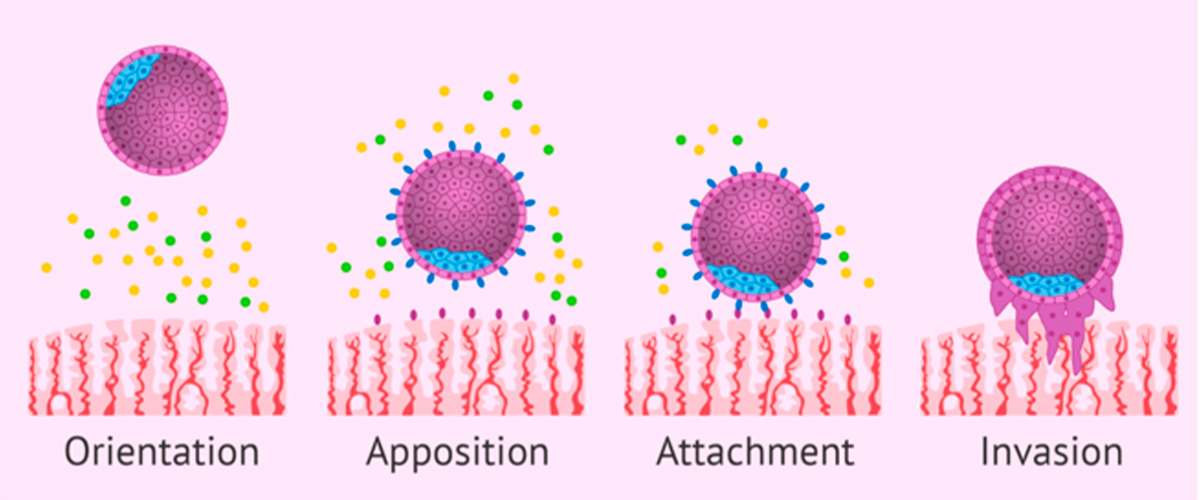All patients who decide to participate in the IVF program are concerned about how great the chances of getting pregnant on the first attempt are, what factors affect the effectiveness, whether it is possible to increase the chances of pregnancy.
The doctors of the ISIDA clinic are always ready to give the most detailed answers to all the questions of their patients, tell them about the achievements of modern reproductology, help them make an informed decision about choosing one or another option of the IVF program. Among the factors that can be used to increase the effectiveness of IVF is the method of determining endometrial receptivity (REP).
“Usually, the assessment of the state of the endometrium for embryo implantation is carried out by ultrasound and hormonal methods, but today there are incomparably more accurate molecular tools that make it possible to determine the optimal time for “planting” a fertilized egg,” says Svetlana Shiyanova, head of the reproductive service, a reproductive doctor.
Using the PCR (polymerase chain reaction) method, it is possible to determine in real time the genes responsible for the process of endometrial change and establish the so-called implantation window.
The implantation window is the personalized time of the greatest receptivity of the endometrium. During this time, the embryo attaches to the mucous membrane of the uterine cavity.
According to modern research, about a quarter of patients undergoing ART programs experience repeated implantation losses, which means that the personalization of embryo transfer time (RET) is an essential manipulation.
“The use of genetic testing by PCR to determine the implantation window, even with the 1st IVF attempt, gives an increase in PR by 25% and an improvement in the gestation of the 1st trimester by 11%” – Svetlana Shiyanova emphasizes.
The procedure is prescribed by a reproductologist, who is guided by a list of indications for analysis.
The main indications for the purpose of testing are as follows:
* Repeated unsuccessful implantations in IVF programs.
* * Embriotransfer planning (ET) after preimplantation genetic diagnosis (PGS).
* Suspicion of a change (lengthening) of the implantation window in patients with habitual pregnancy losses.
To clarify the cost of the procedure for determining receptivity — write to our managers. The procedure requires three visits to the clinic.

